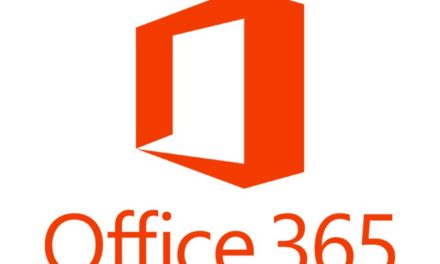Jamf, which specializes in Apple Enterprise Management, announced it is extending its collaboration with Microsoft Enterprise Mobility + Security by launching iOS Device Compliance, available now in a closed preview.
Through this offering, organizations are empowered to choose Jamf for iOS management while also sharing important device information, like compliance status, with Microsoft Endpoint Manager. IT teams can utilize Jamf features for Apple ecosystem management, while leveraging Conditional Access powered by Azure Active Directory and Microsoft Endpoint Manager to ensure that only trusted users from compliant devices, using approved apps, are able to access company data.
“Trends like employee technology choice programs and the consumerization of IT continue to grow, and organizations need management tools that can adapt and shift to hybrid environments,” says Brad Anderson, corporate vice president at Microsoft. “With Microsoft and Jamf, IT teams can consolidate management of employee devices, while not losing the ability to provide key ecosystem-specific functionality.”
iOS Device Compliance is expected to be generally available for all Jamf customers later this year.
Organizations already have the ability to leverage Conditional Access on macOS devices, by sharing inventory data from Jamf with Microsoft Endpoint Manager. Today’s announcement of an expanded collaboration adds iOS support. Now IT teams can prevent an authorized user from using any macOS or iOS device that does not comply with security policies, and leverage Jamf Self Service for remediation.
According to Jason Wudi, chief technology officer, Jamf, Jamf addresses this by requiring the user to register devices they want to use to access applications connected with Azure Active Directory, including Microsoft 365 Apps. First, compliance criteria is established and measured on the iOS device by Jamf. The device information collected by Jamf is then sent to Microsoft Endpoint Manager. Finally, Endpoint Manager checks the device’s compliance state and leverages Azure Active Directory to dynamically grant or deny access. If the device is not compliant, a notification is sent to the user, requiring remediation in Jamf Self Service.
In 2017, Jamf and Microsoft announced a collaboration to bring Conditional Access to macOS, which included the ability to share inventory data from Jamf Pro to Microsoft Intune, apply Conditional Access and offer remediation paths – ensuring that trusted users are accessing corporate data from trusted applications on trusted devices. Then in 2018, Jamf again expanded Microsoft technology integration to create a more seamless login experience for end users.




